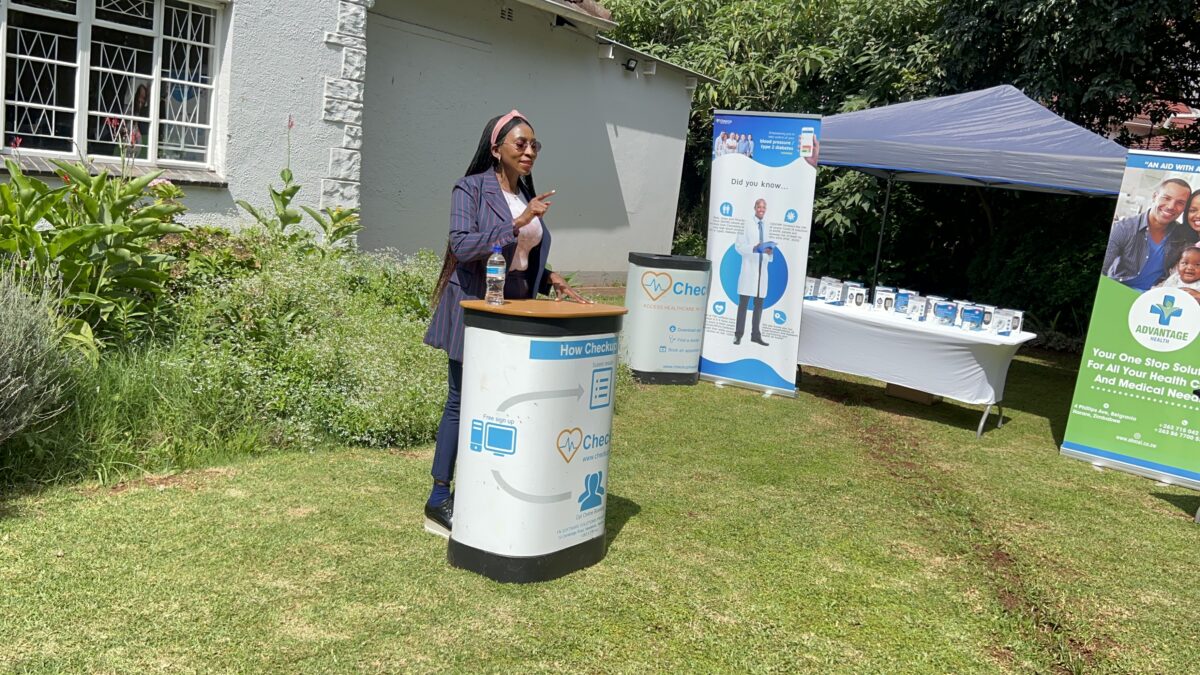Why Cultural and Linguistic Competence matter in Healthcare Technology Development.

Cultural competence offers a pathway and a framework to reach the goal of better health for all patients.
Culturally and linguistically appropriate services, or CLAS, respond to the individual preferences and needs of each patient. They also help improve health outcomes and decrease health disparities.
What Is Cultural Competence in Health Care?
Cultural competence in health care means delivering effective, quality care to patients who have diverse beliefs, attitudes, values, and behaviours. This practice requires systems that can personalize health care according to cultural and linguistic differences. It also requires understanding the potential impact that cultural differences can have on healthcare delivery.
For example, race, socioeconomics, health literacy, and other factors can influence:
- How patients perceive symptoms and health conditions
- When and how patients seek care
- Patients’ expectations of care
- Patients’ preferences regarding procedures or treatments
- Patients’ willingness to follow doctor recommendations or treatment plans
- Whom patients believe should participate in making healthcare decisions
While cultural competence in health care initially referred to meeting the needs of people from distinctive ethnic and racial groups, it now also refers to meeting the needs of people with disabilities, those from diverse socioeconomic backgrounds, and members of the LGBTQ community.
Linguistic Competence: Providing readily available, culturally appropriate oral and written language services to limited English proficiency (LEP) members through such means as bilingual/bicultural staff, trained medical interpreters, and qualified translators.
Cultural Competence: A set of congruent behaviours, attitudes, and policies that come together in a system or agency or among professionals that enables effective interactions in a cross-cultural framework.1
Cultural and Linguistic Competence: The ability of health care providers and health care organizations to understand and respond effectively to the cultural and linguistic needs brought by the patient to the health care encounter.2
Cultural competence requires organizations and their personnel to:
- Value diversity
- Assess themselves.
- Manage the dynamics of difference.
- Acquire and institutionalize cultural knowledge.
- Adapt to diversity and the cultural contexts of individuals and communities served.
That’s why at CheckUp Health we are developing the CheckUp Health app and clinical dashboard weaving in cultural and linguistic competencies at the design stage and involving users as we work on the AI decision-making elements of the platform. The Checkup Health App platform is an NHS Digital Framework approved software for rollout in NHS healthcare settings and comes with IOS and Android Apps.
References
1 Cross et al. 1998. Towards a Culturally Competent System of Care: A Monograph on Effective Services for Minority Children Who Are Severely Emotionally Disturbed. Washington DC: CASSP Technical Assistance Center, Georgetown University Child Development Center.
2 U.S. Department of Health and Human Services, Office of Minority Health. 2000. Assuring Cultural Competence in Health Care: Recommendations for National Standards and an Outcomes-Focused Research Agenda. https://minorityhealth.hhs.gov/Assets/pdf/checked/Assuring_Cultural_Competence_in_Health_Care-1999.pdf
Return to Planning Culturally and Linguistically Appropriate Services